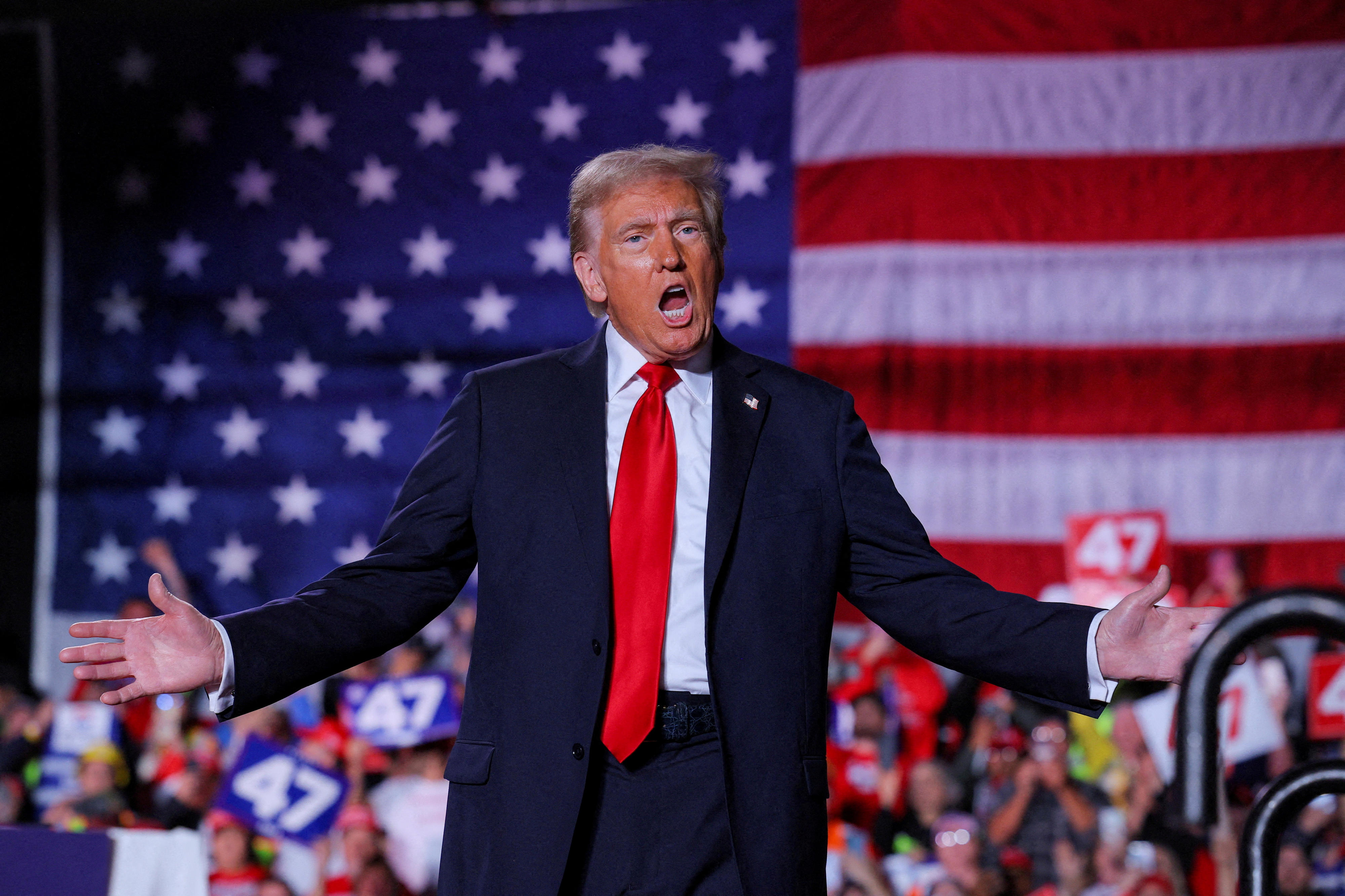Gabon's military ruler appoints new parliament

Gabon's new strongman General Brice Oligui Nguema speaks as he is inaugurated as Gabon's interim President, in Libreville on September 4, 2023. Gabon's coup leader vowed after being sworn in as interim president on September 4, 2023 to restore civilian rule through "free, transparent and credible elections" after a transition and amnesty prisoners of conscience. PHOTO/ AFP
What you need to know:
- The new regime has pledged to hold free elections and hand power back to civilians at a date due to be agreed at a "national dialogue".
Gabon's coup leader General Brice Oligui Nguema on Saturday appointed members of a new national assembly and senate for a transitional period ahead of promised elections on an unknown date.
Military and police chiefs joined forces on August 30 to carry out a bloodless coup widely backed by politicians, civil society and the public in general after more than years of 55 years of rule by the Bongo family.
The new regime has pledged to hold free elections and hand power back to civilians at a date due to be agreed at a "national dialogue".
The military said it hopes elections will take place between April and June 2024.
In the name of the transitional head of state, a regime spokesman read out on national television the 98 names of new parliament members, including opposition party figures and some who supported ousted president Ali Bongo Ondimba.
The military had already set up a civilian government for the transition period led by Raymond Ndong Sima as prime minister, who had previously served as prime minister before becoming a leading opposition politician under Bongo.
The government has to work with a national transition council made up of army officers who have the same portfolios as the ministers.
Under Bongo, the parliament had legislative powers but were reduced to rubber stamping the ruling party's policies.
Ali Bongo, 64, took over when his father Omar died in 2009 after nearly 42 years in power.
Moments after being declared the winner in disputed August elections, Bongo was abruptly overthrown.
Many saw it as an action of liberation from the Bongo dynasty that has left a small fraction of the 2.3 million population of the oil-rich nation living opulently while a third survives below the poverty line.





